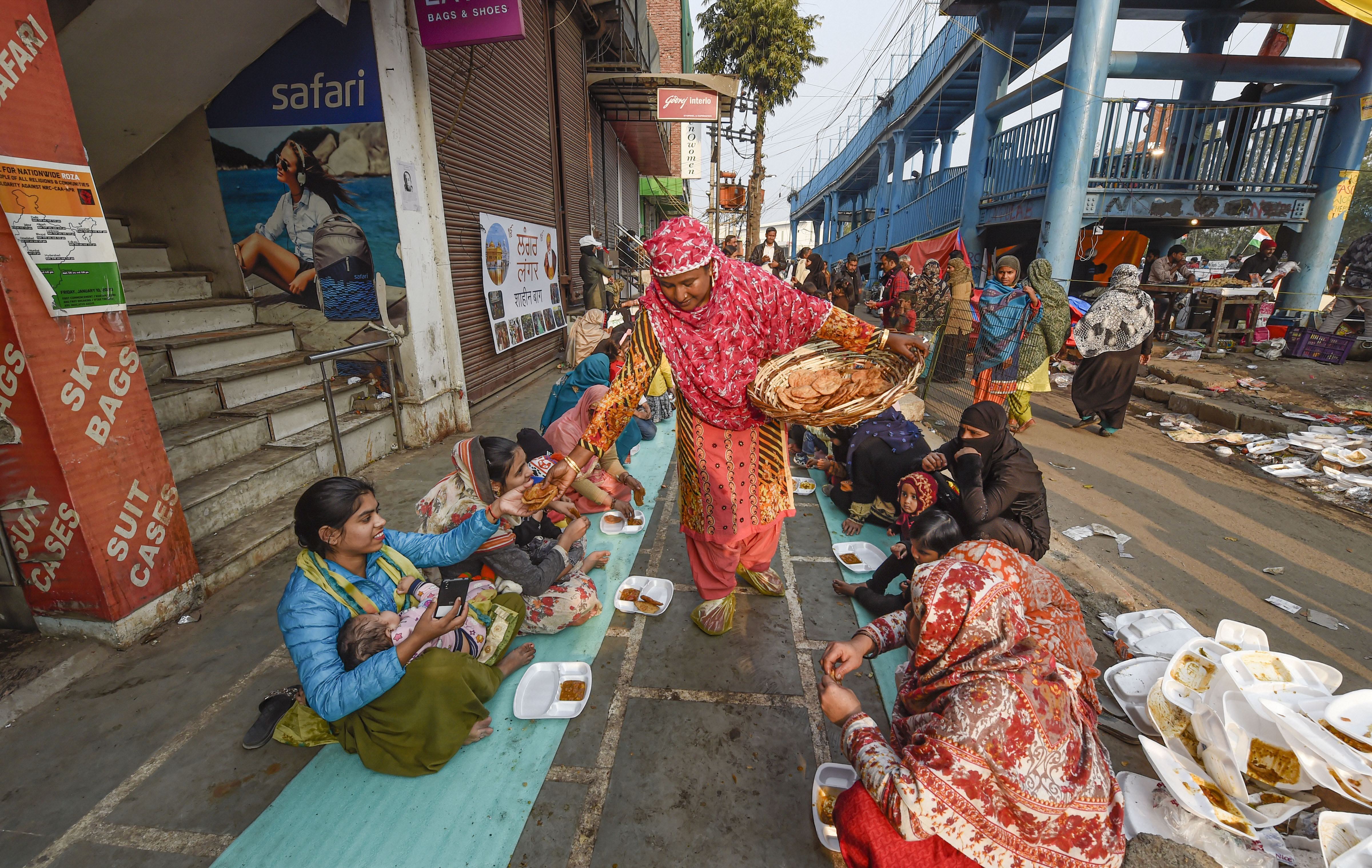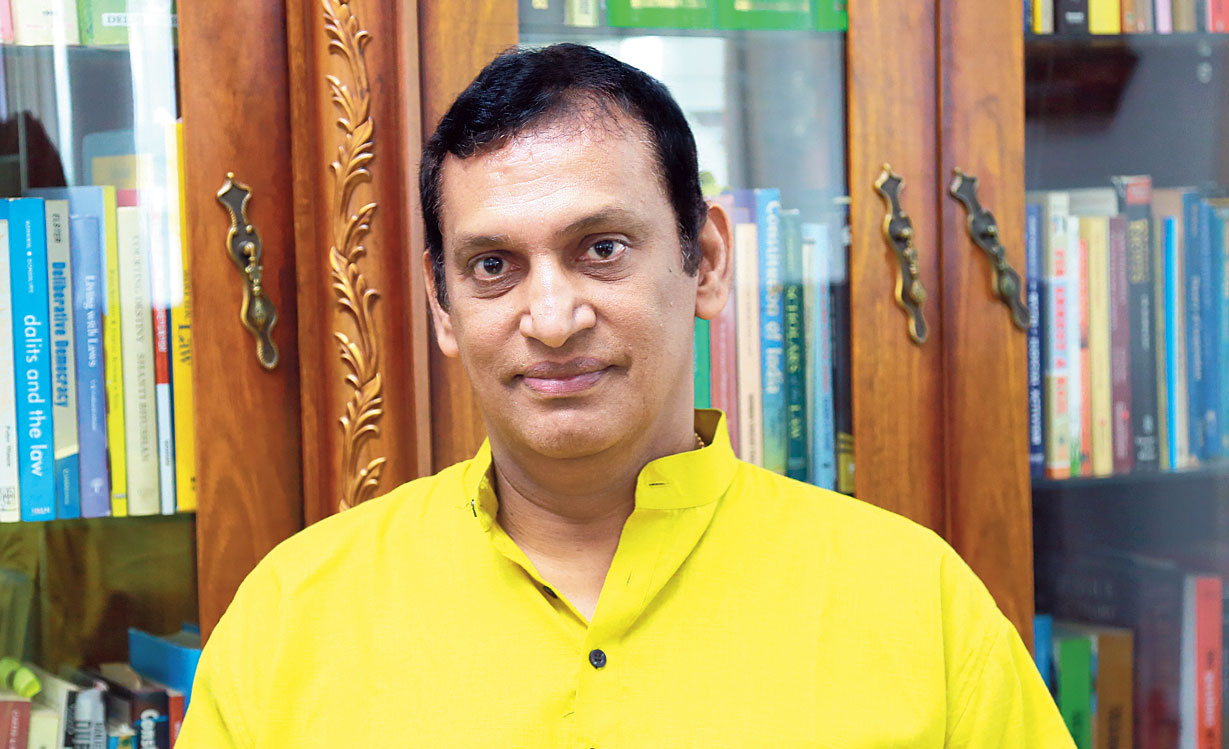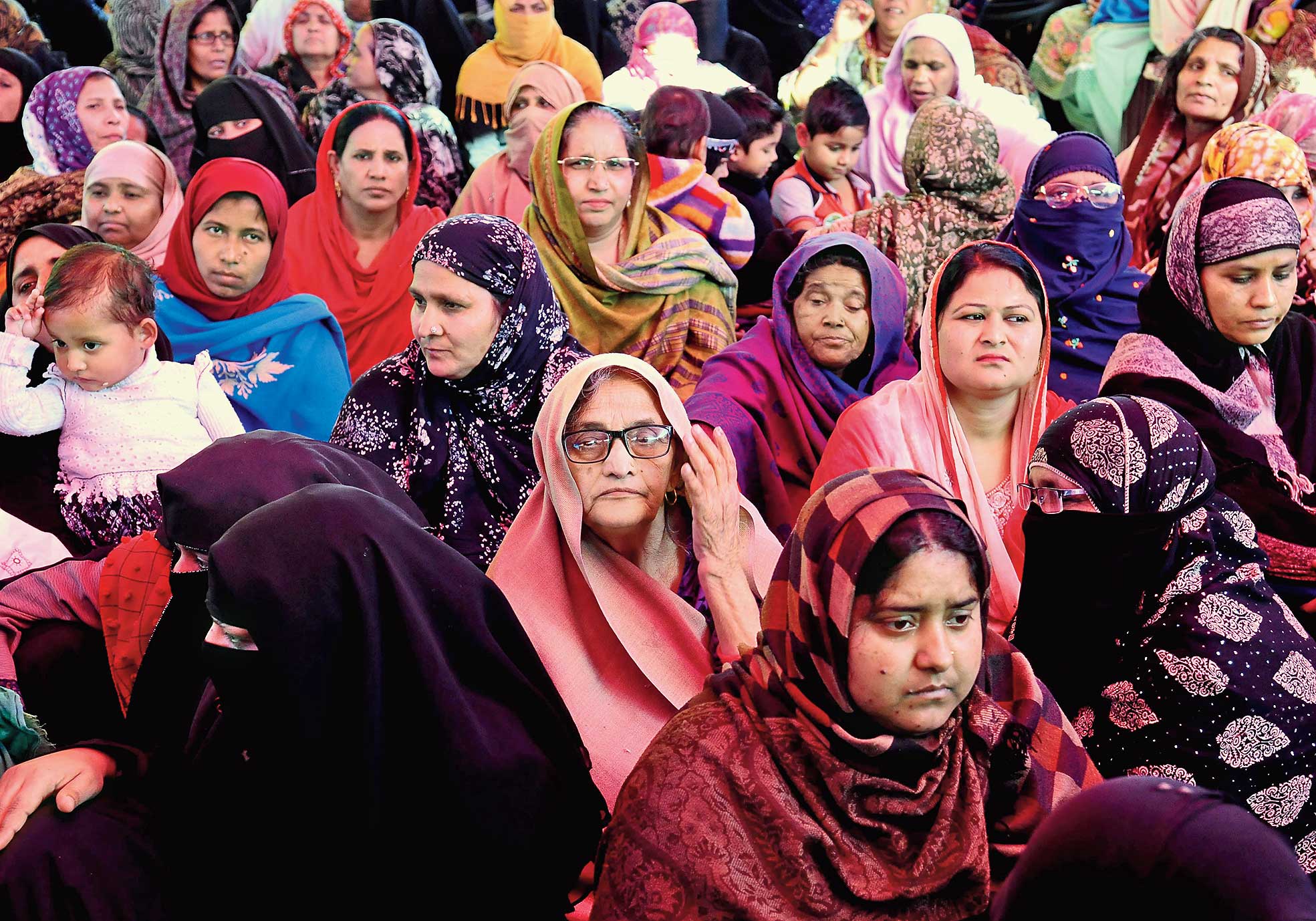Dialogue is the key to circumventing roadblocks. The Supreme Court’s decision to appoint a committee — a senior advocate and a former central information commissioner are among its members — to open a channel of communication with the protesters at Shaheen Bagh attests to the fundamental importance of communication in a democratic set-up. While reiterating the basic right to assemble and protest in a peaceful manner, the apex court also pointed to the need for designated spaces for such bona fide mobilizations so as to avoid inconveniencing the public. The learned bench was responding to a petition that sought to evict the protesters — mostly women who have been holding the vigil against the discriminatory Citizenship (Amendment) Act — on the grounds that they were choking an arterial road.
The court’s faith in the power of conversation has shown the government in poor light. The Bharatiya Janata Party has, so far, refused to engage with the protesters or address their anxieties. This is a typical example of the BJP’s characteristic obduracy. An elected government is mandated to explain the nuances of its policies to the people in the interests of transparency. Such an engagement is crucial in building a bond of trust between citizens — especially minorities — and their elected representatives. There is evidence to suggest that the BJP has wilfully shunned this path of remedy. Tellingly, the campaign for the elections to the Delhi assembly had witnessed several leaders from the party spouting venom on Shaheen Bagh to polarize the electorate. The policy of engineering a schism along religious lines backfired, forcing the Union home minister to say that his office would grant an appointment to anyone to clarify doubts pertaining to the CAA. This pledge, like many others, remains unfulfilled. Amit Shah’s silence on the matter, ironically, is suggestive of the BJP’s intent. The party seeks to make the CAA the linchpin of its electoral strategy in a bid to consolidate its traditional vote bank. That the BJP has the solemn responsibility of resolving the misgivings of the people protesting against a patently divisive legislation not just in Shaheen Bagh but in several other parts of the country seems to have escaped its leadership. The stubborn refusal to talk with those opposed to its views reveals the government’s unwillingness to learn from the wisdom of the court.













